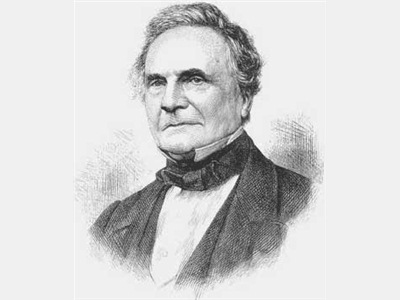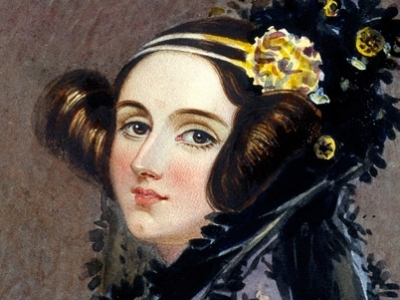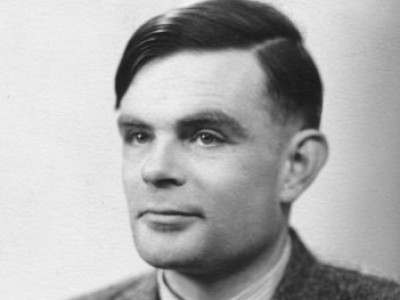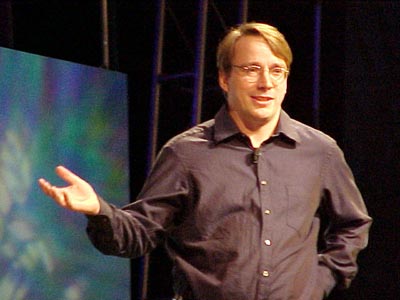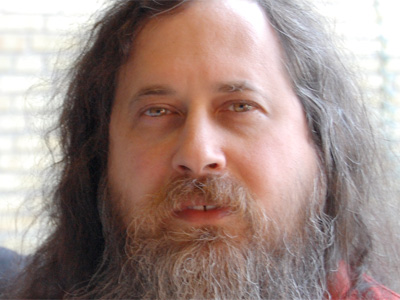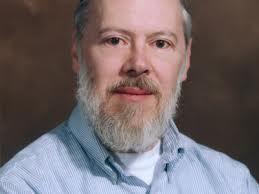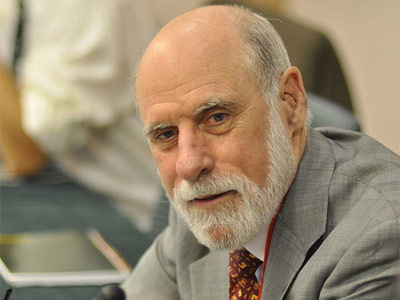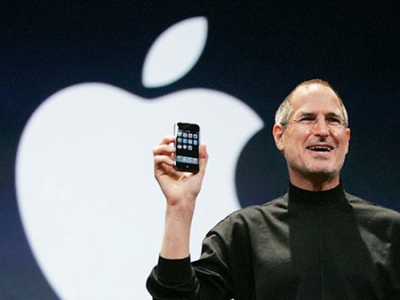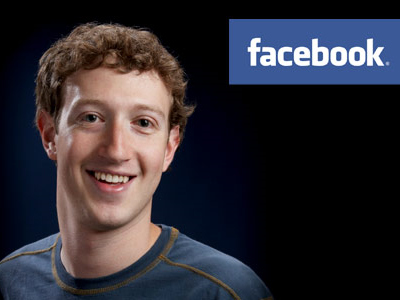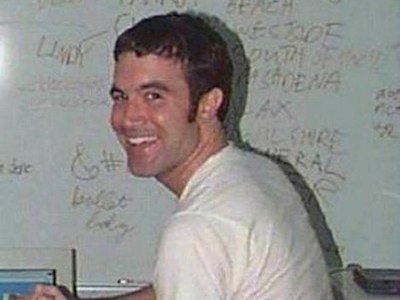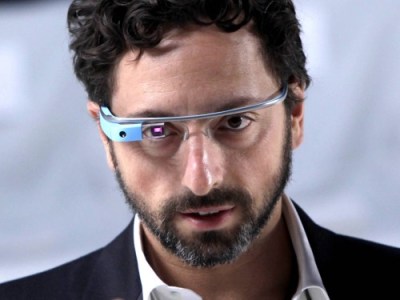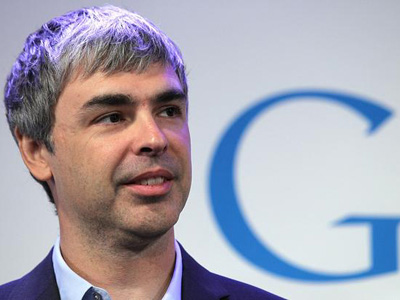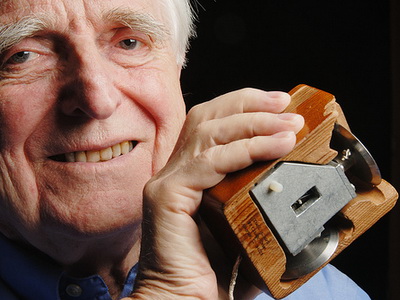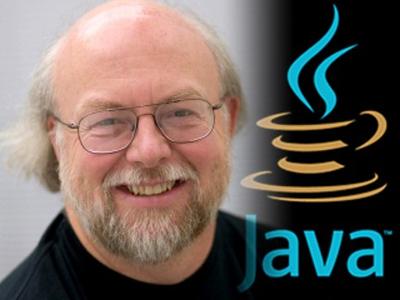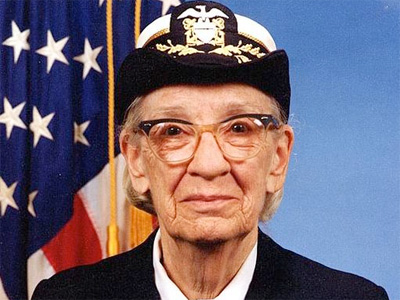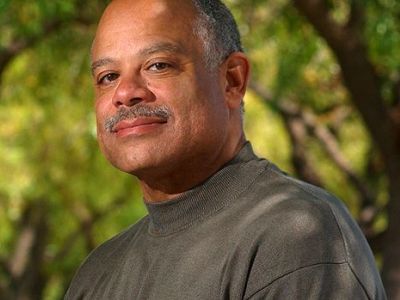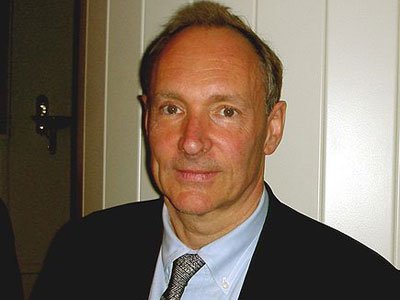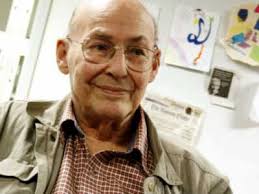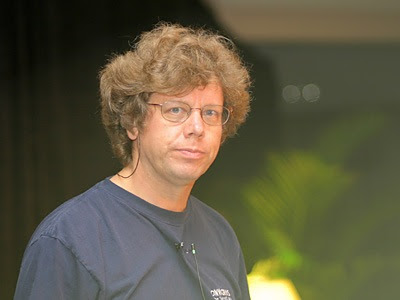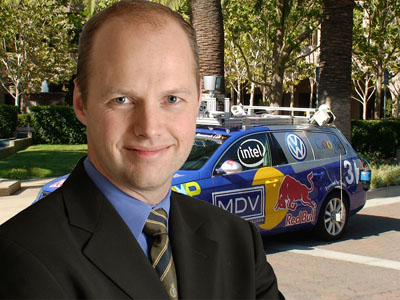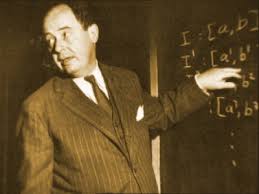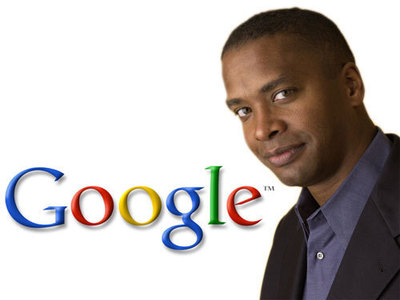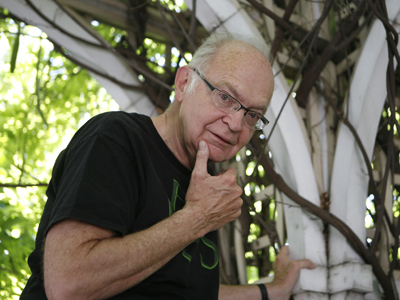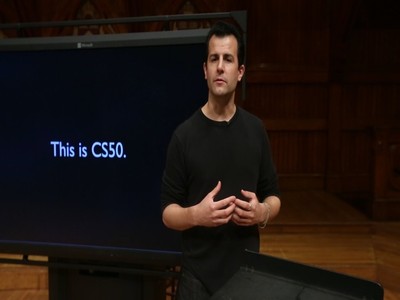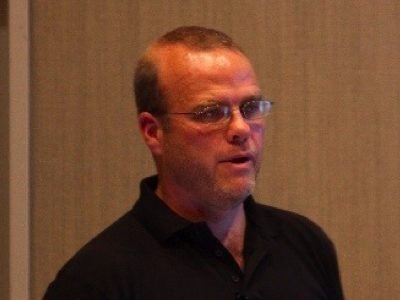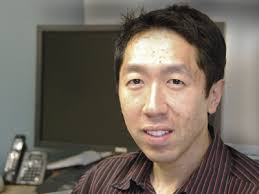Background of Computer Science
The earliest known tool for use in computation was the abacus, developed in the period between 2700–2300 BCE. The history of computer science began long before the modern discipline of computer science that emerged in the 20th century, and was hinted at in the centuries prior. The earliest known mechanical analog computeris believed to be the Antikythera mechanism, which calculated astronomical positions. In 1837 Charles Babbage first described his Analytical Engine which is accepted as the first design for a modern computer. The analytical engine had expandable memory, an arithmetic unit, and logic processing capabilities able to interpret a programming language with loops and conditional branching. Although never built, the design has been studied extensively and is understood to be Turing equivalent. The analytical engine would have had a memory capacity of less than 1 kilobyte of memory and a clock speed of less than 10 Hertz.
In 1702, Gottfried Wilhelm Leibniz developed logic in a formal, mathematical sense with his writings on the binary numeral system. In his system, the ones and zeros also represent true and false values or on and off states. But it took more than a century before George Boole published his Boolean algebra in 1854 with a complete system that allowed computational processes to be mathematically modeled .
In 1946, a model for computer architecture was introduced and became known as Von Neumann architecture, the machine design uses a RISC (Reduced instruction set computing) architecture. Since 1950, the von Neumann model provided uniformity in subsequent computer designs. The von Neumann architecture was considered innovative as it introduced an idea of allowing machine instructions and data to share memory space. The von Neumann model is composed of three major parts, the arithmetic logic unit (ALU), the memory, and the instruction processing unit (IPU). In von Neumann machine design, the IPU passes addresses to memory, and memory, in turn, is routed either back to the IPU if an instruction is being fetched or to the ALU if data is being fetched.
Influential Computer Scientists
Documentary Video on Computer History
BBC History of Computers
tubingtolearnThis is a series made in 1991 by the BBC exploring the development of the computer and the industries that sprang up due to it.
Download PDFHow the Web Became a Thing | The History of the Internet
Computer ScienceThe Internet is older than you might think! In part 2 of our History of the Internet series, Hank explains how public access became declared a human right! .

